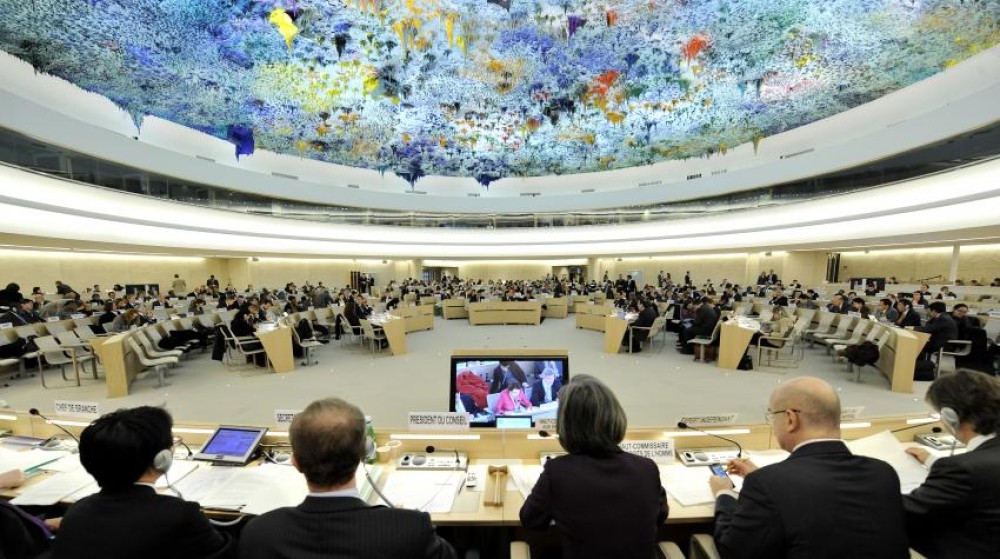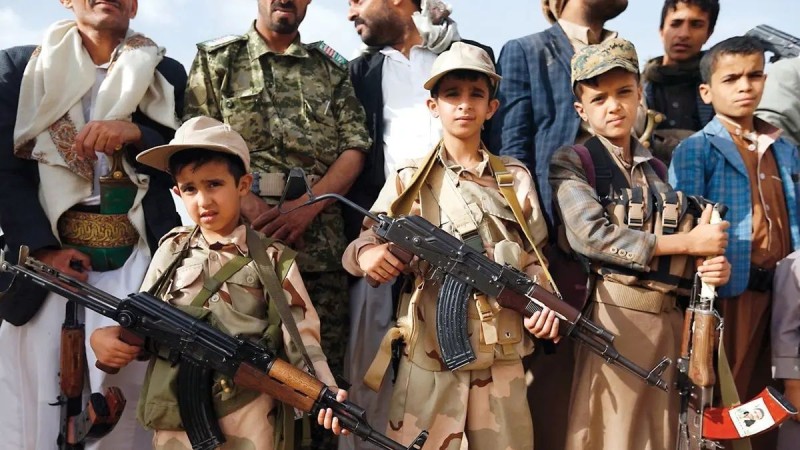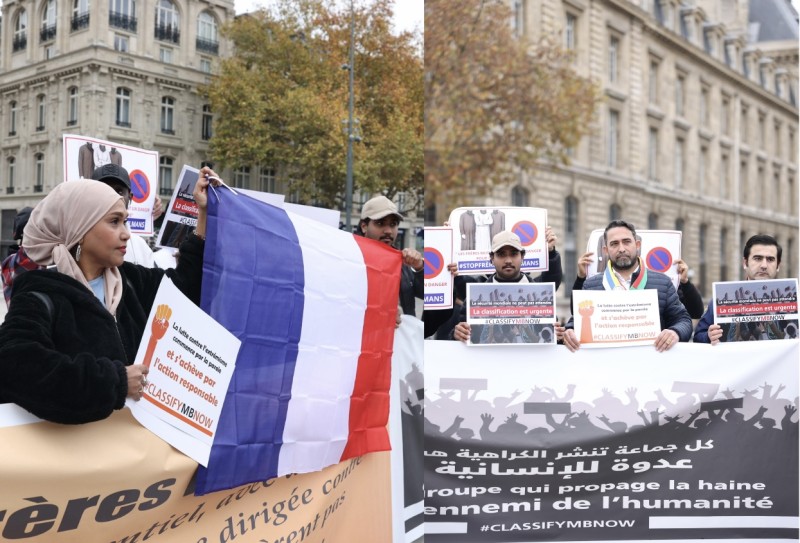Reshaping the UN Human Rights Committee , The Yemen Experts Group: Expectations and Effectiveness


Geneva- As the UN Human Rights Council prepares to convene its new session in Geneva this October, expectations are mounting over the possible revival of an international group of experts on Yemen to investigate human rights violations and grave breaches of international humanitarian law.
The Human Rights Council had previously established a team of international experts to investigate abuses committed by all parties to the conflict in Yemen. However, the group’s mandate was cut short in 2021 following heavy political pressure from certain regional powers and allies of the warring factions. The termination sparked widespread criticism from international and human rights organizations, which argued that shutting down the mechanism granted de facto impunity to perpetrators and paved the way for further abuses.
1. Drivers Behind the Proposal to Revive the Experts Group
Four years after the group’s work came to an end, the idea of reconstituting such a body is resurfacing, driven by several factors:
Ongoing violations: indiscriminate shelling, arbitrary detention, child recruitment, and denial of humanitarian aid.
Lack of domestic accountability: Yemen’s judiciary and state institutions remain unable or unwilling to prosecute perpetrators.
International and rights-based pressure: organizations such as Human Rights Watch and Amnesty International continue to push for an independent investigative mechanism.
Politicization of the Yemen file: with little progress at the UN Security Council, the Human Rights Council is seen as an alternative arena for action.
2. The Effectiveness and Limitations of Re-establishing the Experts Group
While reinstating such a team would carry symbolic and legal weight, its effectiveness would depend on several critical factors:
Mandate: Will the new body be empowered to conduct thorough investigations and collect evidence, or will it be limited to monitoring and issuing general reports?
Independence: Can the Council shield it from political interference, the very obstacle that crippled the earlier group?
Impact on the ground: Even with a new mandate, field access and the ability to safely gather testimonies remain serious challenges.
3. A More Viable Alternative: Supporting Yemen’s National Human Rights Committee
Many observers argue that betting on yet another UN expert group is no longer effective, particularly given that past experiences failed to demonstrate transparency or impartiality. For years, the UN’s role in Yemen has been widely criticized as lacking neutrality. Many Yemenis, for instance, still blame the UN and its former envoy Martin Griffiths for the 2018 Stockholm Agreement, which they consider a form of surrender. In practice, the deal led to the handover of the strategic port city of Hodeidah to the Houthis, enabling them to threaten international shipping in the Red Sea and launch missiles and drones in multiple directions.
Against this backdrop, strengthening Yemen’s National Human Rights Committee emerges as a more relevant and potentially effective option. As a locally rooted mechanism, it is closer to victims’ realities and, with the right resources, could play a stronger role in documentation and accountability. Instead of pouring UN budgets into costly teams and reports that rarely translate into tangible results, empowering the national committee could yield more practical outcomes.
After ten years of war, Yemenis have seen little meaningful impact from UN missions or envoys, who have largely been confined to hotel meetings and symbolic talks with distant parties, without producing real political, military, or even humanitarian results. The more pragmatic path forward may be to invest in building the capacity of Yemen’s National Human Rights Committee, and to support it both politically and financially. Such an approach could help establish genuine accountability and finally break the cycle of impunity.

A newly released human rights report has documented 28,005 violations and crimes committed by Houthi militias against children in Yemen over the pa…

Paris- The French association LA VOIX DU SAPIN organized a protest last Saturday in Place de la République in Paris to denounce the Muslim B…

Aden -- Amnesty International has issued a powerful call to confront the growing threat of gender-based violence in Yemen, particularly in digital…